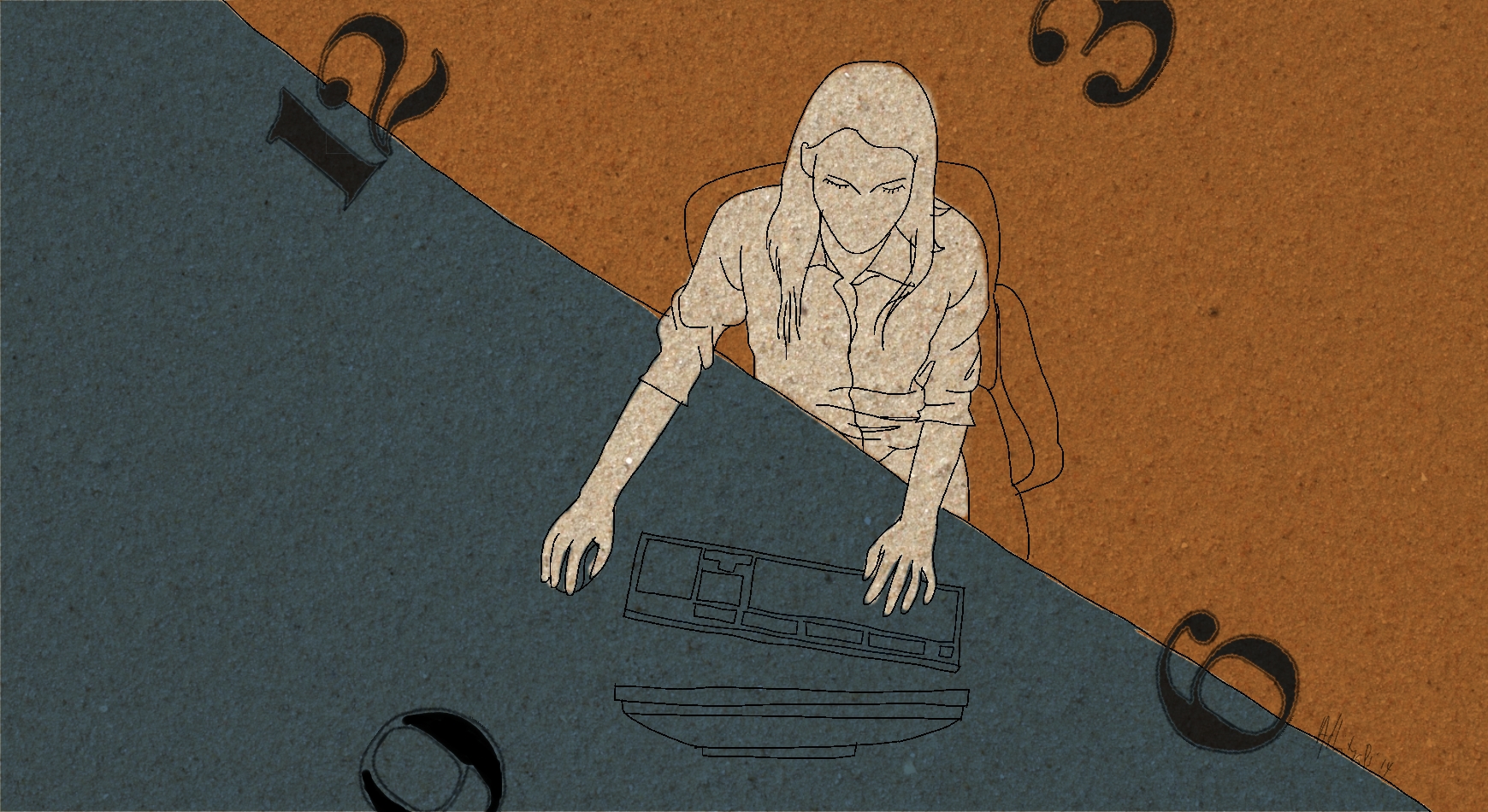If you feel labor issues are irrelevant and distant from you, maybe you should dwell on this: every one of us, or at least 99 percent of us, is a worker. Either you are an unskilled labor (such as factory workers, janitors, farmers or housemaids) or a skilled one (academicians, writers, accountants, engineers).
We are all labors. We sell our work and capability in exchange for means of subsistence, for money and goods to sustain life. As labors, women tend to suffer the most due to exploitation under the juncture of capitalism and patriarchy. Let me illustrate this in two comparisons.
The first one is the condition in which women live under intense degree of patriarchy, manifested through prevalent sexism and discrimination against women in every part of their lives. Here, women are highly restricted from participating in public space due to the perception of men as the most dominant and superior sex. It leads to a gender-based role division on every day’s life: that men are endowed with the capacity to be in public, and women embedded in domestic life. Consequently, women are restrained from entering workplace, let alone participating in wider socio-political activities. Women are forced to care for their households instead. This was the condition for most women before the rise of the second wave feminism, but even to this day, this is still happening in some countries.
Capitalism benefits from this intense degree of patriarchy to some extent because the gender-based role division allows for a more efficient way of organizing labor. When men are created for workplace, women will sustain the men so that he can endure his capability for coming back to work every single day. Housewives provide everything to ensure their husband and family’s well-being: foods, clothes, house chores management, affection, and sexual needs.
Simply put, women in domestic space play a significant role to ensure the reproduction of labor. The infamous phrase “capitalism depends on domestic labor” is very relevant here. It becomes a form of exploitation because women are unpaid for doing all of this work. Worse, women are under-valued and oppressed at home as the result of imbalance power relations, because men are able to secure his role of producing money. It then puts women as subordinate in the face of their husbands, enabling husbands to act arbitrarily, even violently. Take the case of domestic violence, marital rape, wife seclusion, etc.
The second illustration seems relatively “moderate”, but it is a patriarchy-related problems all the same. Nowadays, it becomes more accessible for women to pursue higher education, career, and actualize themselves in public actively, just like men. So does it mean capitalism no longer exploits women? Nope.
Capitalism benefits more from women by selling their labor to the market. What makes it bad is when the benefits are obtained by exploiting and discriminating women in multiple degrees. In many workplaces, women are still underpaid and valued less, even if they have the same or better capability compared to men. Women face the limitation of the “glass ceiling”, an intangible barrier that keeps them from rising to upper job position or profession regardless of their achievements. Sexist treatments also commonly happen among workers.
Marginalized women such as colored-women, LGBT people, or disabled women, bear an even bigger brunt of double discrimination, due to their intersectional identity as women and member of minority groups. You can see example of this in some Hollywood movies such as Hidden Figures and The Help.
Women already face the double burden of working and homemaking. Under an economic difficulty which is equipped by, again, gender-based role division, some women, especially those of poor communities, have to find work in addition to maintaining households. In such condition, women carry heavy workload on a daily basis: employed during the day, coming back home at night and still having to do house chores afterwards. I remember how my mom and my aunties are doubly-burdened as employees and housewives. Despite their weariness, they still perceive this burdening role division as a “given” matter. They believe that these are what they are naturally meant to do as wives and mothers. This perception hinders women from seeing the root causes of any oppression and violence against them.
The context of these illustrations are dynamic of course. Gender evolves, it is no longer a binary world out there: no longer women vs men. In some contexts, men could also be the exploited or subordinated one. Nonetheless, the idea of patriarchy stays the same: it creates hierarchal relations among people, putting one at the top and others are left at disadvantages.
As a productive-aged woman who will soon enter the labor market, I don’t want to live under such conditions. I’m sure every female labor out there also wants to break away from the oppression of capitalism and patriarchy. There have been various initiatives and progresses to ensure equal pay for women, and provide inclusive workplace, maternity leave, menstrual leave, workplace discrimination laws and policies, facilitation of flexible working hours, childcare costs coverage, and many more. These are some of the agenda we can foster to realize gender equality in the workplace.
After all, the foremost thing we need to persist as women is raising awareness that gender and everything embedded within it are constructed. Nobody can dictate us what we are and how we should become. As women and labors, we must have the courage to reclaim our rights for justice and equality. May Day comes and goes, but the spirit to resist capitalism and patriarchy must prevail day after day.
Husna Wulansari is a young adult mediocre who currently pursuing undergraduate education. She prefers sleeping over engaging in superficial interaction with humans.








Comments